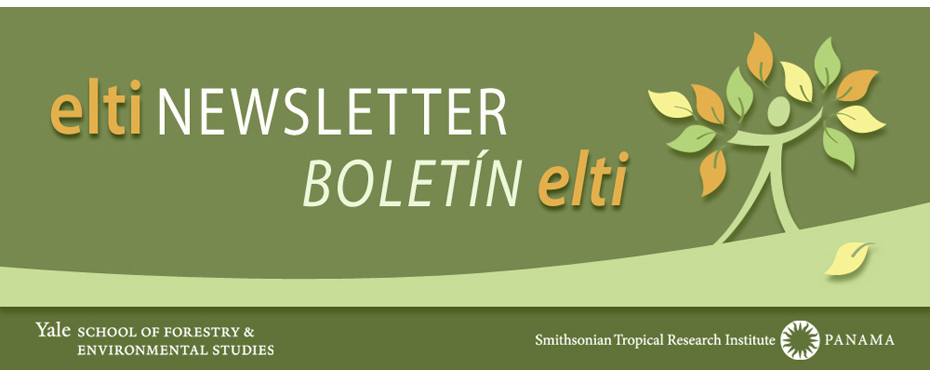The mechanism known as Reducing Emissions from Deforestation and Forest Degradation (REDD+) has generated optimism among those dedicated to climate change mitigation, forest conservation and rural poverty alleviation. However, REDD+ has also ignited heated debates and outright
Friday, September 9, 2011
Thursday, September 8, 2011
REDD+ Workshop in the Ngäbe-Buglé Comarca, Panama - August 2011
More than half of Panama’s remaining mature forests are located within indigenous territories, both formally recognized and under claim. These forests, along with secondary-growth forests, contribute to mitigating climate change by sequestering heat-trapping carbon dioxide (CO2). As
Local Farmers Associations in Panama’s Azuero Peninsula Launch Silvopastoral Projects
The Azuero Peninsula in southwestern Panama has a long history of colonization, particularly in the low-lying areas on the eastern flank of the peninsula, also known as the “dry arc” (Arco Seco). What once used to be tropical dry forest, has now been converted to vast expanses of agricultural
Wednesday, September 7, 2011
First Workshop on Connectivity Corridors in Cattle Ranching Landscapes in Colombia – May 2011
‘Rainforestation’ Training for Watershed Managers – May 2011
Deforestation and forest degradation can lead to the loss of key watershed functions such as water supply and quality for human consumption, agricultural production and hydropower generation, as well as slope stabilization and drainage. The Philippines has suffered from massive
Tuesday, September 6, 2011
‘Rainforestation’ Research & Monitoring Training – April 2011
Workshop on REDD+ and Conflict Resolution Techniques – May 2011
Thursday, September 1, 2011
ELTI Leader: Ana María Martínez
Name: Ana María Martínez
Organization: National Land Management Authority (ANATI) – Ministry of Housing and Land Use Planning (MIVIOT)
Position: Director – Department of Land-use Planning
ELTI Event: Towards Sustainable Landscapes in the Neotropics: Land Use Planning for People and Nature, March 2008, Bocas del Toro, Panama
Organization: National Land Management Authority (ANATI) – Ministry of Housing and Land Use Planning (MIVIOT)
Position: Director – Department of Land-use Planning
ELTI Event: Towards Sustainable Landscapes in the Neotropics: Land Use Planning for People and Nature, March 2008, Bocas del Toro, Panama
Subscribe to:
Posts (Atom)
